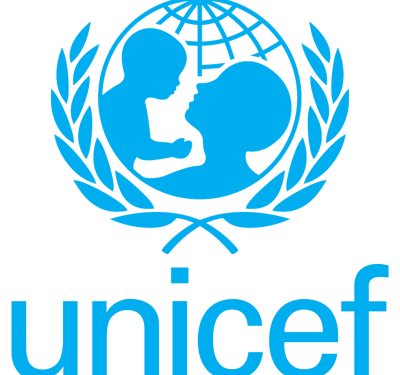The United Nations Children’s Fund (UNICEF), says it will work with Community Health Influencers Promoters and Services (CHIPS) agents to increase awareness on routine immunisation in Nigeria.
UNICEF Nigeria Health Manager, Dr Dorothy Ochola-Odongo, said this on Thursday in Abuja during a news conference on the State of the World Children (SOWC) report.
She said it is important to have CHIPS agents participate fully in the social mobilisation activities, to inspire confidence in parents and caregivers in the communities.
“We have to make sure that we inspire confidence in the parents and caregivers in the communities for them to be able to accept the vaccine.
“What we are doing within this area is working with a network of voluntary community mobilisers in the states that are most affected.
“These volunteer community organisers who are selected by the communities, are good listeners and communicators and can convince the public about the importance of making their children vaccinated.
“They are trusted and we are investing a lot on this so that you can gain that confidence in the community,“she said.
On vaccine storage, she said that it was very critical that they were stored in the right place and in the right quality.
Ochola-Odongo said to achieve this, the whole chain system was to be expanded so that there could be enough space, to be able to store the vaccines as near to the population as possible.
“Right now UNICEF is in partnership with GAVI to expand the cold chain stores in Lagos, Abuja and Kano.
“So we need the refrigerators, which may not necessarily be for powered only by electricity because we know the electricity gaps in this country”, she added.
She said that routine immunisation incited an unprecedented infodemic highlighting the impact of misinformation, disinformation, and information disseminated with malicious intent on the effectiveness of immunisation.
“Building the capacity of relevant stakeholders, such as healthcare workers and the media, through trainings and the provision of access to useful infodemic management resources has proven to be an effective approach.
“Engaging communities through identified trusted sources of information is an effective approach, as it helps to build trust through timely communication that is specific to the local context,” she explained.
According to the SOWC report, vaccine confidence is volatile and time specific, warning that a total of 67 million children missed out on vaccinations between 2019 and 2021, with vaccination coverage levels decreasing in 112 countries.
“In 2022, for example, the number of measles cases was more than double the total in the previous year.
“Of the 67 million children who missed out on routine vaccination between 2019 and 2022, 48 million did not receive a single routine vaccine, also known as “zero-dose”.
“As of the end of 2021, India and Nigeria (both countries with very large birth cohorts) had the largest numbers of zero-dose children, with Nigeria having two million “zero-dose” children.” (NAN)


